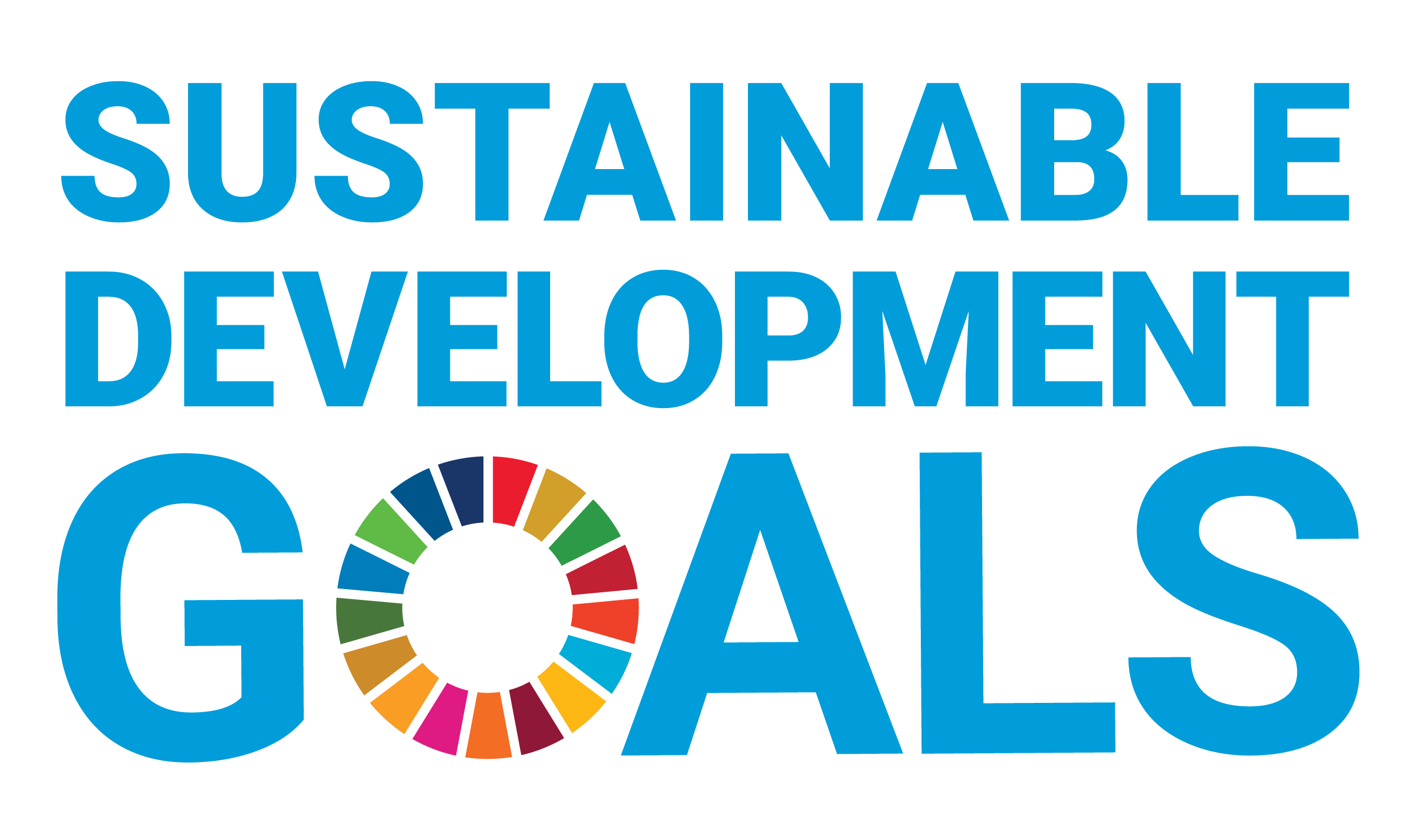Investigating the Physical and Mental Health Nexus: a Network Analysis of Depression, Cardiometabolic Health, Bone Mass, and Perceived Health Status Among Filipino Domestic Workers
Document Type
Article
Publication Date
2022
Abstract
Background: Migrant domestic workers are vulnerable to physical and mental health problems given the many challenges they experience while working abroad. Using network analysis, this study examined the structure of depression, cardiometabolic health indicators (BMI, waist-hip ratio (WHR), blood pressure, and heart rate), bone mass, and perceived health status in this population. The network model allowed for an examination of central symptoms or symptoms with the most direct connections with other symptoms; bridge symptoms, or symptoms that link two or more communities; and edges, or relationships among symptoms.
Method: Cross-sectional data were gathered from 1375 Filipino domestic workers in Macao (SAR), China. Data from a subsample of 510 participants who met a cutoff indicating depression were analyzed. Anthropometric measurements and surveys were used to collect data, which was analyzed using R statistical software.
Results: Results showed four community clusters: three communities consisted of at least two depression symptoms each and the fourth community included physical health indicators. Strong edges were formed between BMI-bone mass, psychomotor-concentration, BMI-WHR, and sad mood-anhedonia. The node with the highest expected influence was BMI. There were three bridges: worthlessness, psychomotor difficulties, and concentration difficulties.
Conclusion: The link between depression, cardiometabolic indicators, bone mass, and poor perceived health reinforces the need to address multimorbidity within migrant populations. Health promotion interventions that address mental and physical health may improve the health of this population.
Recommended Citation
Garabiles, M.R., Shen, Z.Z., Yang, L., Chu, Q., Hannam, K., & Hall, B.J. (2022). Investigating the Physical and Mental Health Nexus: a Network Analysis of Depression, Cardiometabolic Health, Bone Mass, and Perceived Health Status Among Filipino Domestic Workers. International Journal of Behavioral Medicine. https://doi.org/10.1007/s12529-022-10087-5



